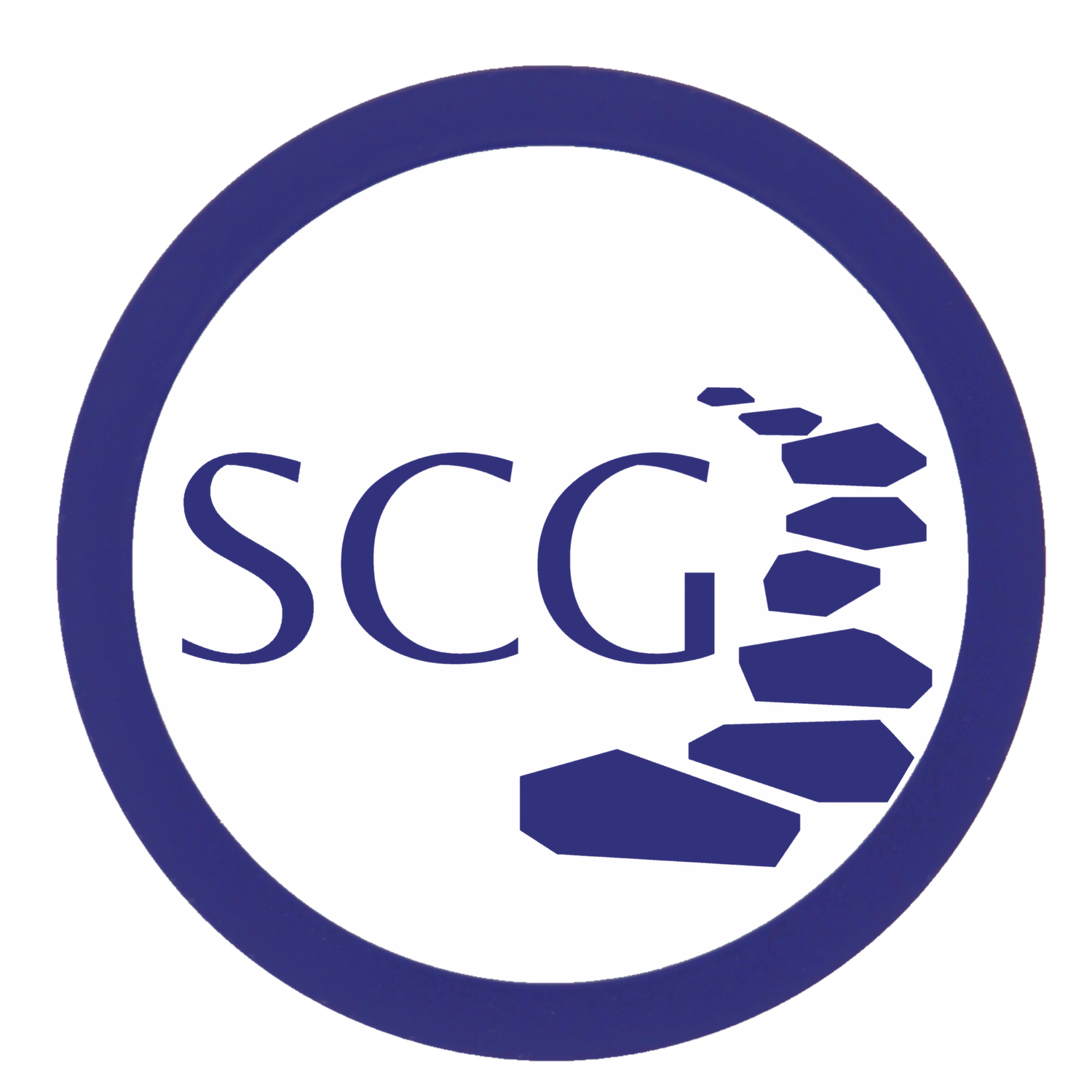National Depression & Mental Health Screening Month
As mental illness further establishes itself within the public consciousness, more and more people have begun feeling comfortable sharing their stories. One of the most common mental health challenges that people face is depression. According to the National Alliance on Mental Illness, in 2020, about 21 million adults in the US or 8.4% of the population experienced a depressive episode. Surely many of us resonate with difficulties coping with challenges that have arisen as a result of the Covid-19 pandemic.
Culturally, we are in the midst of a shift around our collective understanding of depression. Common myths such as “you’re being dramatic,” or “you’re under the influence of demons,” are being called into question. As we learn more, medical professionals have posited many factors that can potentially cause depressive symptoms including, genetics, life changes, poor dietary habits, or traumatic experiences. It is not your fault that you are experiencing depression, but there are ways that you can do something about it.
One of the most effective treatments for depression is developing a social support network. This can include friends, family, healthcare providers (perhaps such as Sanctuary Counseling Group) or co-workers. If in the past two weeks you’ve experienced the following to a degree that is distressing, please consider seeking help.
Feeling sad, “down” or fearful
Feelings of hopelessness, despair or worthlessness
Irritability
Low energy
Lack of sleep or over-sleeping
Changes in appetite
Difficulty concentrating
Loss of interest in activities you used to enjoy
Suicidal thoughts
Sanctuary Counseling Group has therapists ready and willing to support you through whatever challenges you may be facing, depression, anxiety or otherwise.
Sources:
https://www.nami.org/About-Mental-Illness/Mental-Health-Conditions/Depression
